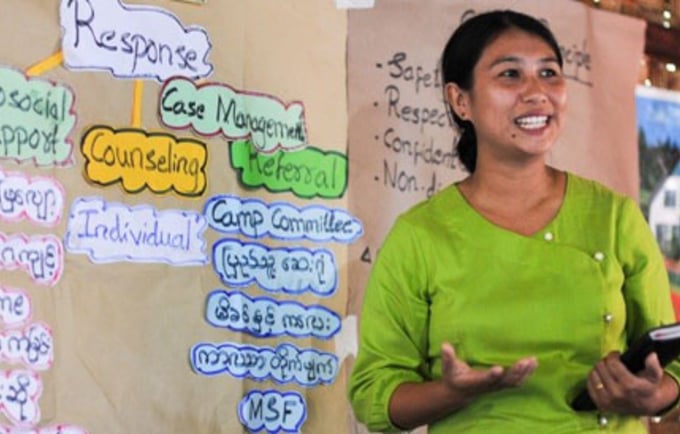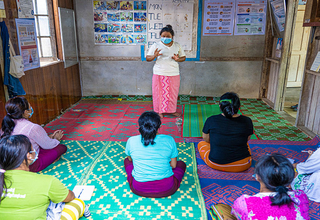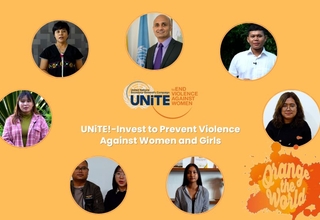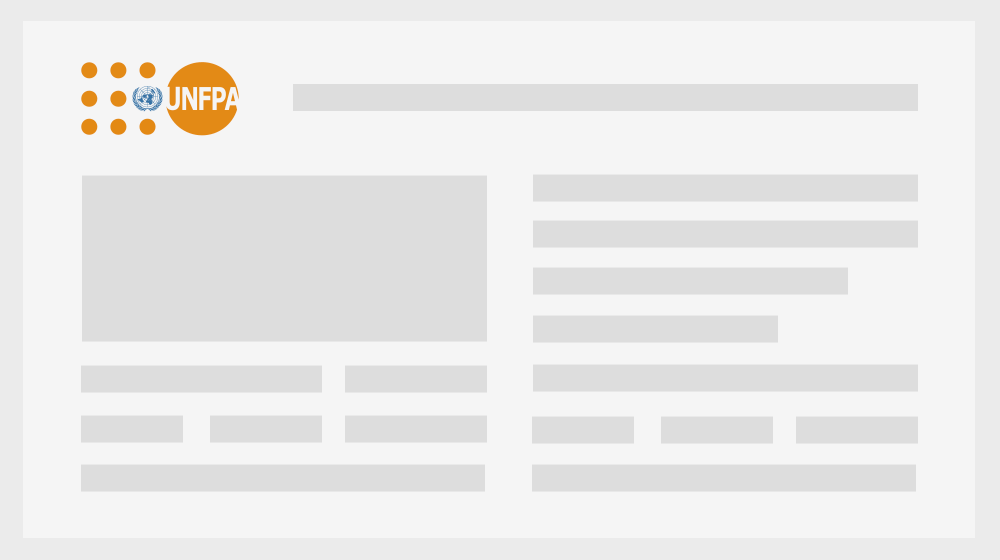Gender-based violence (GBV) is a term used to describe any harmful act that is perpetrated against a person’s will, and is based on socially ascribed norms. It knows no social, economic or national boundaries. GBV undermines the health, dignity, security and autonomy of its survivors. Violence against women and girls is one of the most prevalent human rights violations in the world and yet is the most silent. Survivors of violence often do not report or seek assistance due to fear of reprisal or stigmatization. Current programming in Myanmar to support survivors of GBV reveals high levels of intimate partner violence, which is indicative of high levels of gender inequality more broadly.
UNFPA Activities
UNFPA works with the government, and international and local organizations to provide medical care and social support for the survivors of gender based violence. It also has programmes aiming to increase accountability and to prevent gender based violence more broadly.
UNFPA supports organisations in Kachin, Northern Shan and Rakhine (both financially and technically) to implement programmes centred around Women and Girls Centres. The Women and Girls Centres provide services to internally displaced and conflict-affected women and girls in Rakhine and in Kachin. The Women and Girl centres are places where women and girls can access emergency assistance and referrals to lifesaving health services as well as to legal assistance. In the centres, women and girls can access psychosocial support and counselling without fear of judgment or shame.
In addition to the Women and Girls Centres, UNFPA manages temporary safe spaces operating through mobile reproductive health clinics. In this way, UNFPA is able to access a greater number of women and girls to support survivors of gender based violence without stigma while simultaneously serving the reproductive health needs of women and girls.
UNFPA coordinates inter-agency actors to ensure a robust and multi-sector response to GBV from the earliest stages of emergencies. In addition, UNFPA works closely with women and girls across Myanmar to provide safe and confidential access to services to help recovery following gender based violence. Survivors of violence can suffer emotional trauma, sexual and reproductive health consequences, including forced and unwanted pregnancies, unsafe abortions, sexually transmitted infections, including HIV, and even death. UNFPA also support survivors of trafficking, forced and early marriage, and exploitation.




